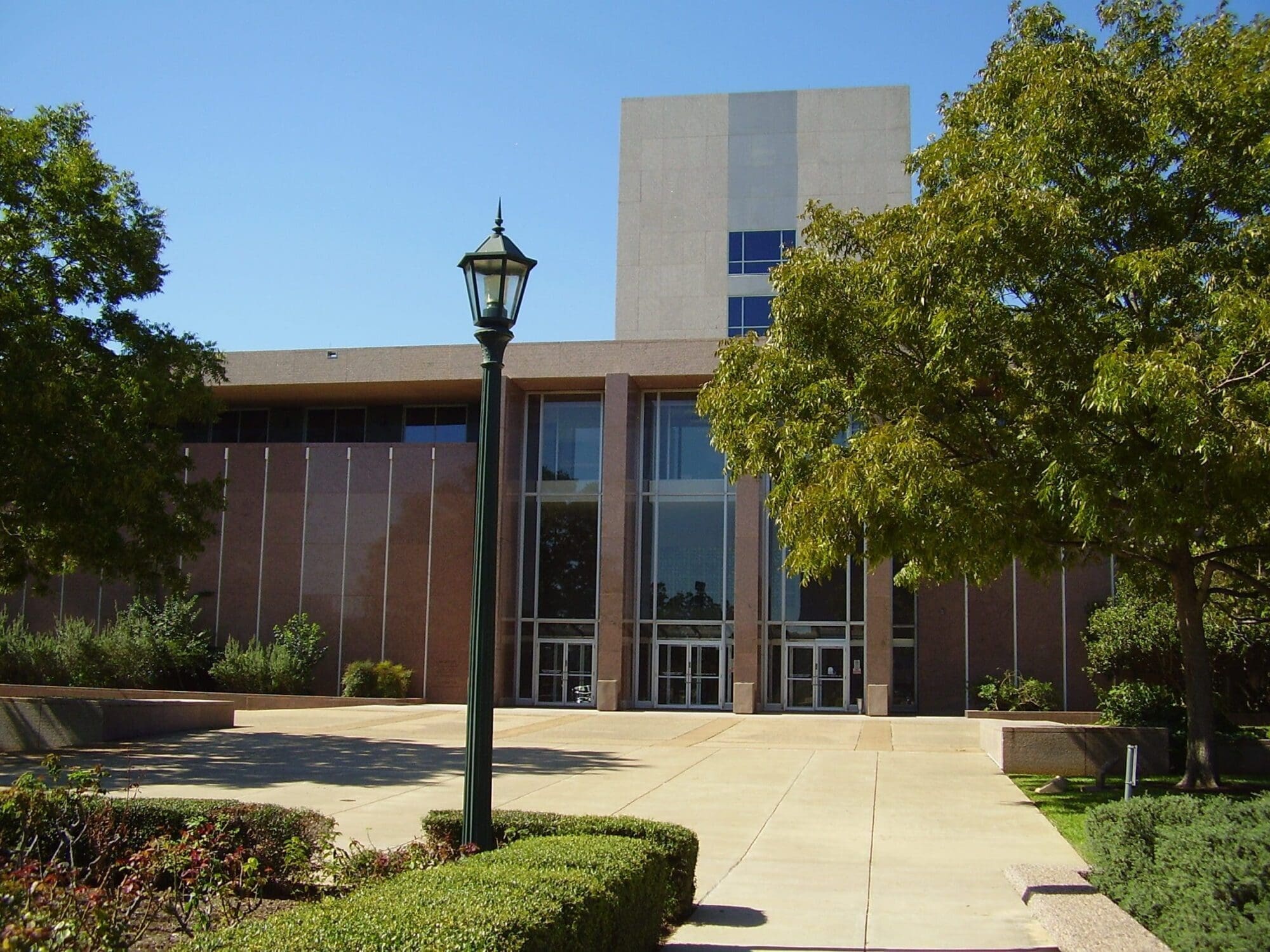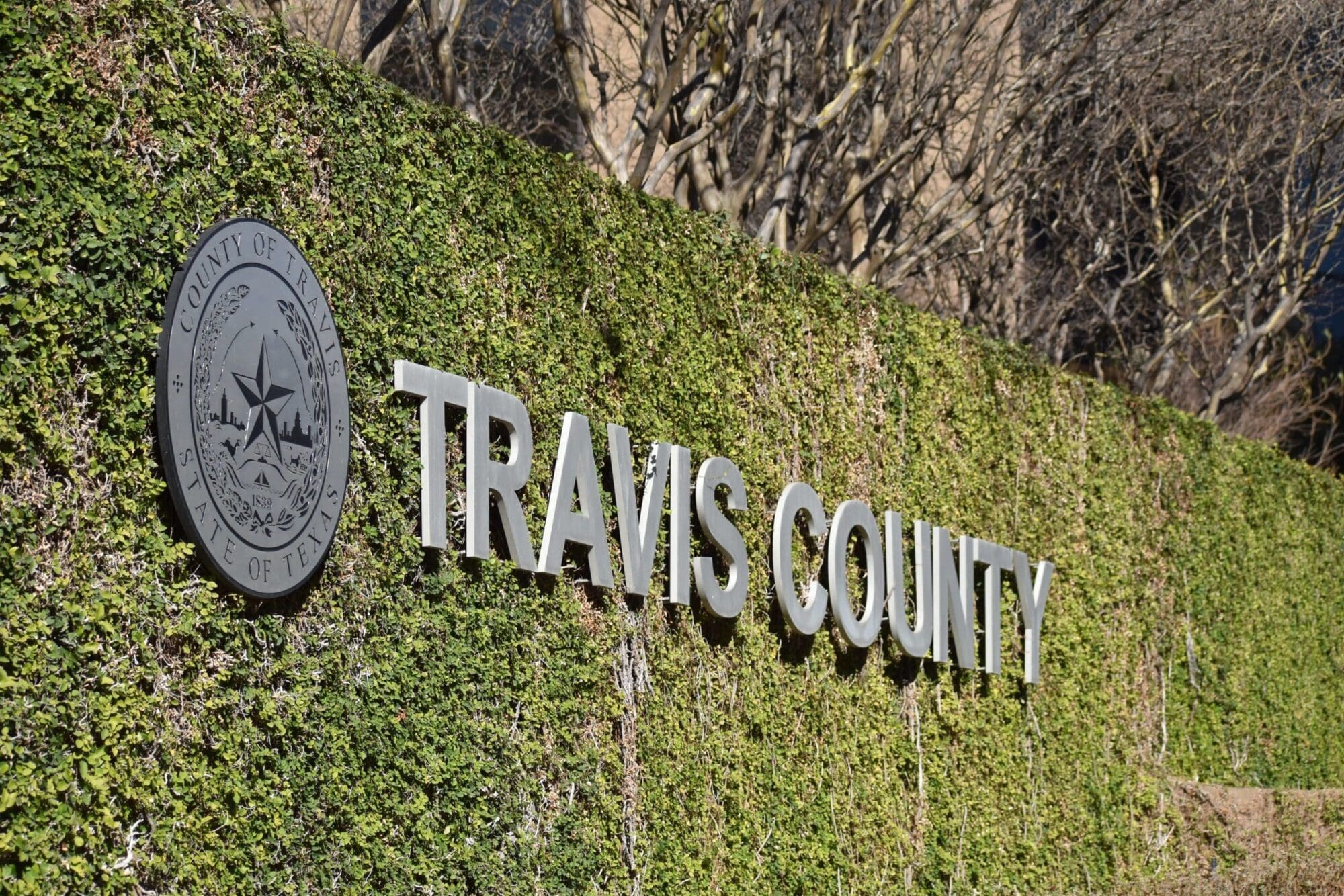Texas’ Commission on Environmental Quality is fighting an order from Attorney General Ken Paxton to release records. Organizations affiliated with local governments have sided with the commission in this battle, as government transparency to citizens hangs in the balance.
At issue in the case is the ability of government entities to delay prompt access to open records requests by asking the requestor for clarification, and whether public interest in government transparency outweighs an agency’s claims of privilege.
Case records show Sierra Club, a left-wing environmental activist group, requested records from the Texas Commission on Environmental Quality (TCEQ) regarding a common chemical manufactured in Texas in July of 2019. The request was made under the state’s Public Information Act.
TCEQ sought clarification, withheld certain documents, and requested a decision from the Office of the Attorney General (OAG) to withhold documents under the commission’s deliberative process privilege.
The deliberative process privilege found in the state law protects pre-decisional communications that directly contribute to an agency’s policies.
State lawmakers passed the Texas Open Records Act in 1973, modified by the Texas Public Information Act in 1993, to ensure Texans had the right to prompt access to government records. The PIA was once considered to be “the gold standard in open government laws.”
Under the codified PIA, citizens are permitted to make requests to government entities for records regarding actions and communications that are not publicly accessible.
Typically, responses to PIA requests are due within 10 business days, but government agencies and officials have blown a hole in this provision, restarting the clock by asking the requestor to narrow the scope of their request.
The attorney general’s office found TCEQ made an error in the language used in its clarification request, and the 10-business-day clock was not reset.
By asking the Sierra Club whether or not it sought confidential as well as non-confidential information, the TCEQ deviated from the statutory guidelines and Court precedent, which require the government entity to ask the requestor to narrow the scope of the request.
Under the same statutory provisions, government entities may discuss with the requestor how the scope may be narrowed—which is otherwise prohibited—but that does not restart the deadline according to Court precedent.
After TCEQ’s error, the OAG sent an Open Records Decision to the commission, ordering it to release the information due to the request being submitted after the deadline, unless it could provide a compelling reason to withhold it.
TCEQ asserted that the deliberative process privilege is a compelling reason to keep the records classified. The OAG determined TCEQ failed to establish a compelling reason.
TCEQ then sued Attorney General Ken Paxton to challenge this ruling. Sierra Club intervened to oppose the TCEQ and, exercising its statutory right under the PIA, sued TCEQ for the documents.
The trial court sided with the requestor, Sierra Club, and the attorney general. TCEQ subsequently appealed. The 3rd Appellate Court affirmed the trial court’s decision. TCEQ then petitioned the Supreme Court of Texas.
That got the attention of taxpayer-funded lobbying entities.
Four organizations submitted an amicus curiae brief in favor of TCEQ’s argument to the Supreme Court of Texas.
Tax-funded organizations, such as the Texas Association of School Boards Legal Assistance Fund, the Texas Association of Counties, and the Texas Conference of Urban Counties, stated their interest in the case is in protecting local governments’ ability to extend PIA request deadlines when asking for clarification.
They claim the extension of the deadlines preserves government resources.
However, state law outlines the statutes for governmental bodies charging for copies of public information, including charges for materials, labor, and overhead.
In 2023, Texas government agencies charged exorbitant amounts for PIA requests for documents related to diversity, equity, and inclusion.
Transparency in Texas government has been on the decline in the past decades.
The Decline
Governmental bodies have the option of asking the Office of the Attorney General for an open records decision if they believe the requested information falls under the exceptions to the PIA, which are considered classified.
Today, according to the Texas Public Policy Foundation, the PIA has significantly weakened since it was passed.
James Quintero told Texas Scorecard, “In my nearly 20 years of working in the public policy field, I’ve witnessed the open government environment get worse, not better. One of the most concerning developments has been the erosion of the presumption of openness, which is at the heart of the TPIA.”
Precedent for this issue is set by the 2010 case City of Dallas v. Abbott. The Texas Supreme Court decided that governmental bodies may delay responding to PIA requests by asking the requestor for clarification on the scope of their request.
The Court also further defined and raised the standard of what constituted a “compelling reason” to withhold information when PIA deadlines are missed by governmental agencies. Labeling “attorney-client privilege” as the compelling reason, it explained that the compelling reason must be of utmost concern to be granted.
The opinion, written by Justice Harriet O’Neill, cited laws that appear contradictory to the Court’s conclusion.
First, she cited Tex. Gov’t Code §552.001 (b)—part of the introduction of the PIA—which states, “This chapter shall be liberally construed in favor of granting a request for information.”
She also cited Tex. Gov’t Code §552.221 (a), “An officer for public information of a governmental body shall promptly produce public information for inspection, duplication, or both on application by any person to the officer. In this subsection, “promptly” means as soon as possible under the circumstances, that is, within a reasonable time, without delay.”
Justice Dale Wainwright disagreed. In his dissent, he argued that resetting the time delays the disclosure of public information. He contended that allowing government agencies to do so in this case set a bad precedent.
Wainwright held that clarifying and narrowing information requests, sought in good faith, should be encouraged. He then asserted that “it is inconsistent with the language and purpose of the PIA to extend the statutory deadline ten business days beyond the time already allotted for public information requested initially.”
It has been 15 years since that decision.
Fort Worth attorney Tony McDonald described the state of the PIA today.
“Abuse of the Public Information Act by governmental bodies is rampant,” he wrote. “Hopefully, the Supreme Court will uphold the purpose of the PIA and ensure Texans have prompt access to their governmental records.”
Texas government bodies fighting transparency by appealing PIA requests have become a typical tactic, according to James Quintero, the policy director of the Taxpayer Protection Project at the Texas Public Policy Foundation.
“Increasingly, requestors are having to overcome state-local government appeals to the Texas Attorney General’s office seeking to withhold public information on the grounds that it may be excepted by one or more of the state’s many different exclusions,” he wrote. “In fact, from 2015 to 2023, the number of [attorney general] rulings sought by Texas governments increased by 54%, according to a 2024 TPPF report.”
The Texas Supreme Court will hear oral arguments for the case in September in Austin.
TCEQ and Sierra Club did not respond to a request for comment before publication.
Source Documents
In this article, Texas Scorecard examined multiple court filings.
Amicus curiae TASB, TML, TAC, TCUC
This article contains highlights from these documents. Citizens wishing to conduct a deeper dive are encouraged to click the links above.
No ads. No paywalls. No government grants. No corporate masters.
Just real news for real Texans.
Support Texas Scorecard to keep it that way!





